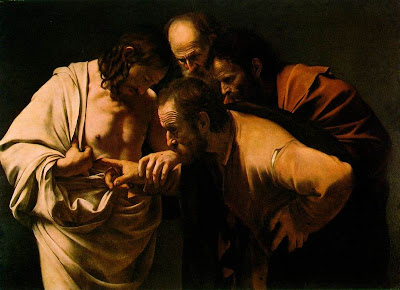July 3, 2008 (LifeSiteNews.com) - A British "end of life" care protocol approved for use by the National Health Service (NHS), has created a systematic, and legal, method of euthanising elderly and disabled patients, even while "mercy killing" remains officially illegal, says a prominent expert in elder care. The "Liverpool Care Pathway" will be used to eliminate patients deemed to be "blocking beds" in the increasingly financially strapped public health system.
For years, Dr. Adrian Treloar, a psycho-geriatrician and senior lecturer at the Greenwich Hospital and Guys', King's and St. Thomas's Hospitals in London, has been sounding the warning that the NHS has an unofficial system in place to authorise the killing of vulnerable disabled patients with an unwritten policy of "involuntary euthanasia" by deep sedation and dehydration.
On April 26, 2008, Dr. Treloar wrote a letter to the British Medical Journal, saying that the protocol known as the "Liverpool Care Pathway" for dying patients, is a blueprint for systematic euthanasia of disabled patients. The Liverpool Care Pathway, which allows for "continuous deep sedation" for patients judged to be incurable, was developed between the Royal Liverpool hospital and Marie Curie cancer hospices in order to standardise the medical approach to dying that could then be used as a template nationally. Combined with withdrawal of fluids, deep sedation leads quickly to death.
In 1999, the NHS dismissed Dr. Treloar's warnings as "ludicrous." But media coverage of families resorting to lawyers to stop the killing of their relatives has made it increasingly difficult for health officials to deny that there is an accepted euthanasia procedure in place. Dr. Treloar maintains that the motivation for killing patients judged to be incurable is not the relief of extreme suffering but the enormous pressure on the socialised health care system to make hospital beds available and the "triaging" of costly tax-sponsored medical care.
Since that time, the government passed legislation in 2005 - the Mental Capacity Act - that, following existing guidelines from the British Medical Association, allows doctors to withhold all "treatment," including food and water, from patients who are judged to be incapable of making decisions for themselves. Under this law, doctors, and not the family and not the patient, have the last say in whether a patient is judged mentally capable. Once this judgement has been made, withdrawal of fluids can be ordered on the grounds that it is in the patient's "best interests" to die. If families try to intervene to save their loved ones lives, social services and police can be, and have been, called to intervene.
Since 2000, the instances of helpless patients being denied the basic necessities needed to sustain life are becoming more prominent in the news. Only this week, the BBC reported on the case of Mrs. Ellen Westwood, an 88 year-old woman whom doctors had decreed was 'due to die' in February, and whose life was saved only after the determined efforts of her family and clergy resulted in her being removed from the hospital.
Dr. Treloar wrote that the Liverpool Care Pathway threatens patients because its "eligibility criteria do not ensure that only people who are about to die are allowed on the pathway."
"They allow people who are thought to be dying, are bed-bound, and are unable to take tablets onto the pathway. In chronic diseases such as dementia, dying may take years, but
such patients may be eligible."
Elspeth Chowdharay Best, from the anti-euthanasia group ALERT, wrote recently, "Death by dehydration has been occurring for some years in Britain without the new official blessing [of the Liverpool Care Pathway protocol] and sometimes challenged by relatives."
The Sunday Times reported on May 18 this year that many families are "dismayed" that their cases are not being included in a long-term investigation into ten suspicious deaths of elderly patients in a convalescent home in Hampshire between 1996 and 1999. Mike Wilson told the Times that his 91 year-old mother, Edna Purnell, had been out of bed and using a walking frame when she was transferred to the Hampshire unit for what was supposed to have been a brief period of rehabilitation.
Records show that Mrs. Purnell was put to bed and given morphine. The hospital threatened Mr. Wilson with arrest when he was caught feeding his mother. She was judged to be "demented" and thus falling under the auspices of the Mental Capacity Act. Mr. Wilson told the times that his mother was not "demented" before she was given morphine: "We are in no doubt that this is what killed her."


.bmp)

















